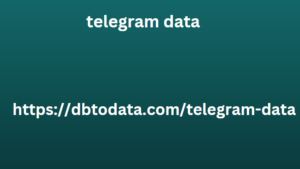Your cart is currently empty!
Navigating Business Etiquette in the Netherlands
The Netherlands, known for its innovative spirit, robust economy, and strategic location, offers a wealth of opportunities for international entrepreneurs. However, beneath its progressive exterior lies a distinctive set of business customs and expectations that, if not understood and embraced, can pose challenges for those seeking success in this market.
Are you planning to venture
Gnto the Dutch business landscape? Understanding the Dutch way of doing business is crucial for a successful expansion. From language and communication styles to workplace dynamics and negotiation tactics, here’s what you can expect when doing business in the Netherlands.
Language: English is Your Friend
One of the first things you’ll notice when doing business in the Netherlands is a widespread proficiency in English. The Dutch start learning English at a young age, and it’s a mandatory part of their education. This means that, for many business-to-business (B2B) interactions, English can be used without difficulty. Many Dutch even conduct B2C (business-to-consumer) transactions in English as well.
While larger cities are generally English-friendly, smaller towns might have fewer English speakers. However, most municipalities are actively catering to international businesses and often host international schools.
Communication Style: Directness and Politeness
Dutch communication is known for its directness. Dutch professionals will often value clarity and expect the same from their c greece telegram data unterparts. However, this directness should not be confused with rudeness or aggression; it’s simply their preferred communication style.
Here are some tips for foreigners engaging in business conversations with the Dutch:
The Dutch can be reserved
Snitially, so building relationships may take time.
They are polite but maintain a balance; they often appreciate politeness without excessive niceties.
Embrace directness in your communication. Clear and straightforward requests are valued.
Avoid roundabout expressions – not getting right you still need to know to the point you’re trying to make – as the point you’re trying to make may be perceived as lack of clarity, deceptiveness, or unimportant and could be ignored.
Hierarchy: Everyone Has a Voice
Dutch organizations can operate with a relatively flat h bw lists ierarchy. Decision-making is often based on consensus, and managers may actively seek input from employees at all levels. Challenging managers on decisions is not uncommon if it’s believed that all perspectives haven’t been considered.
